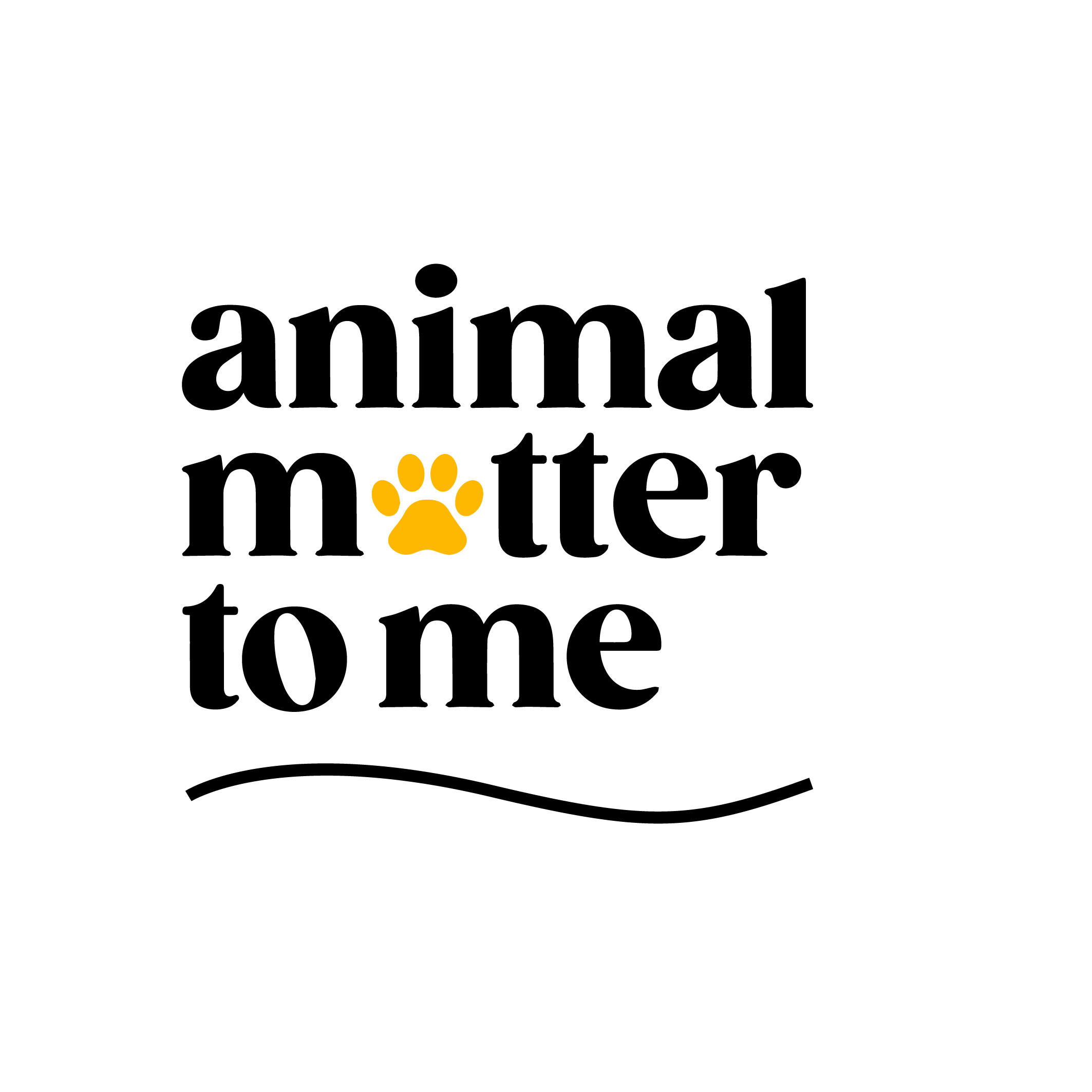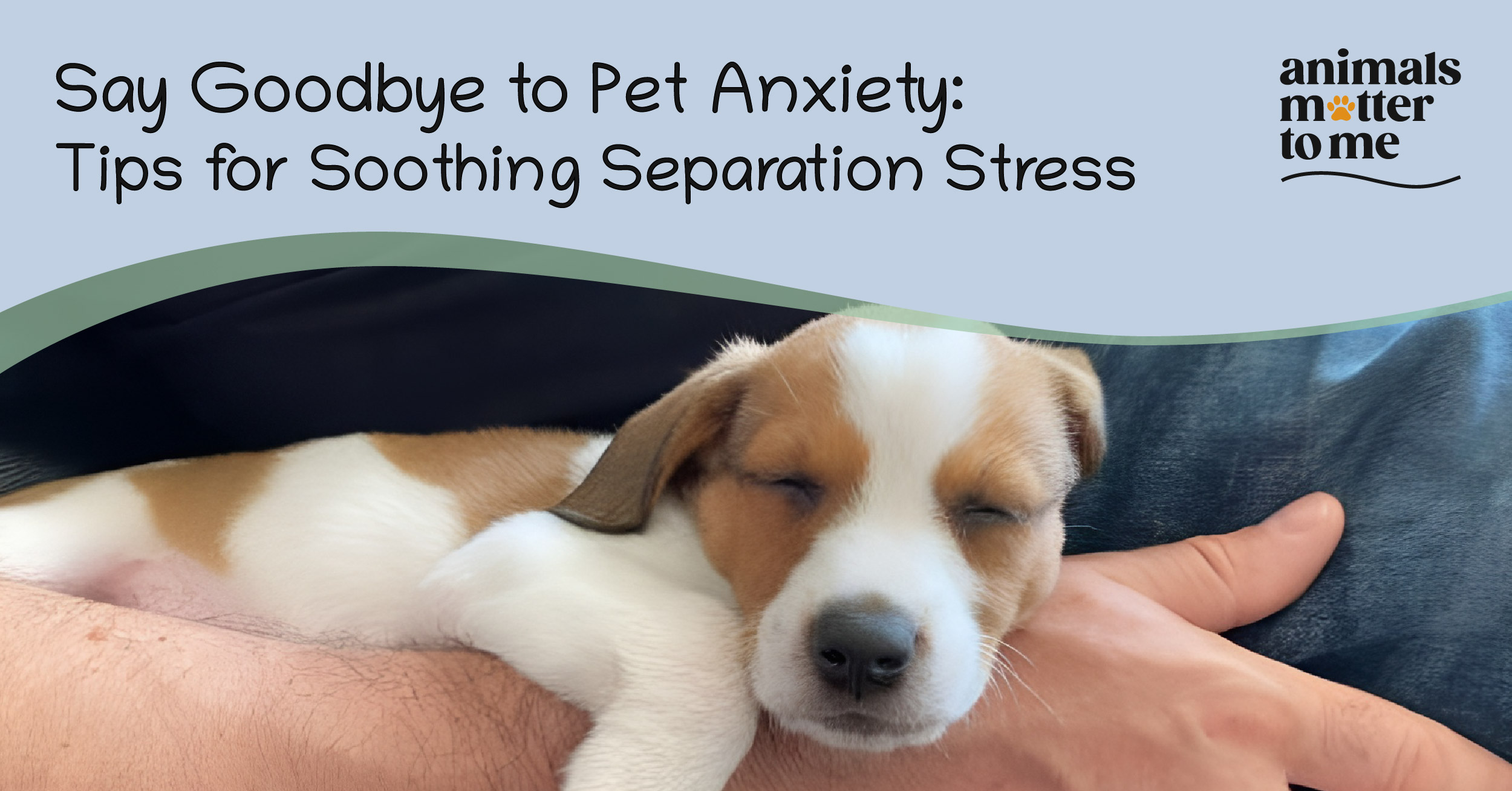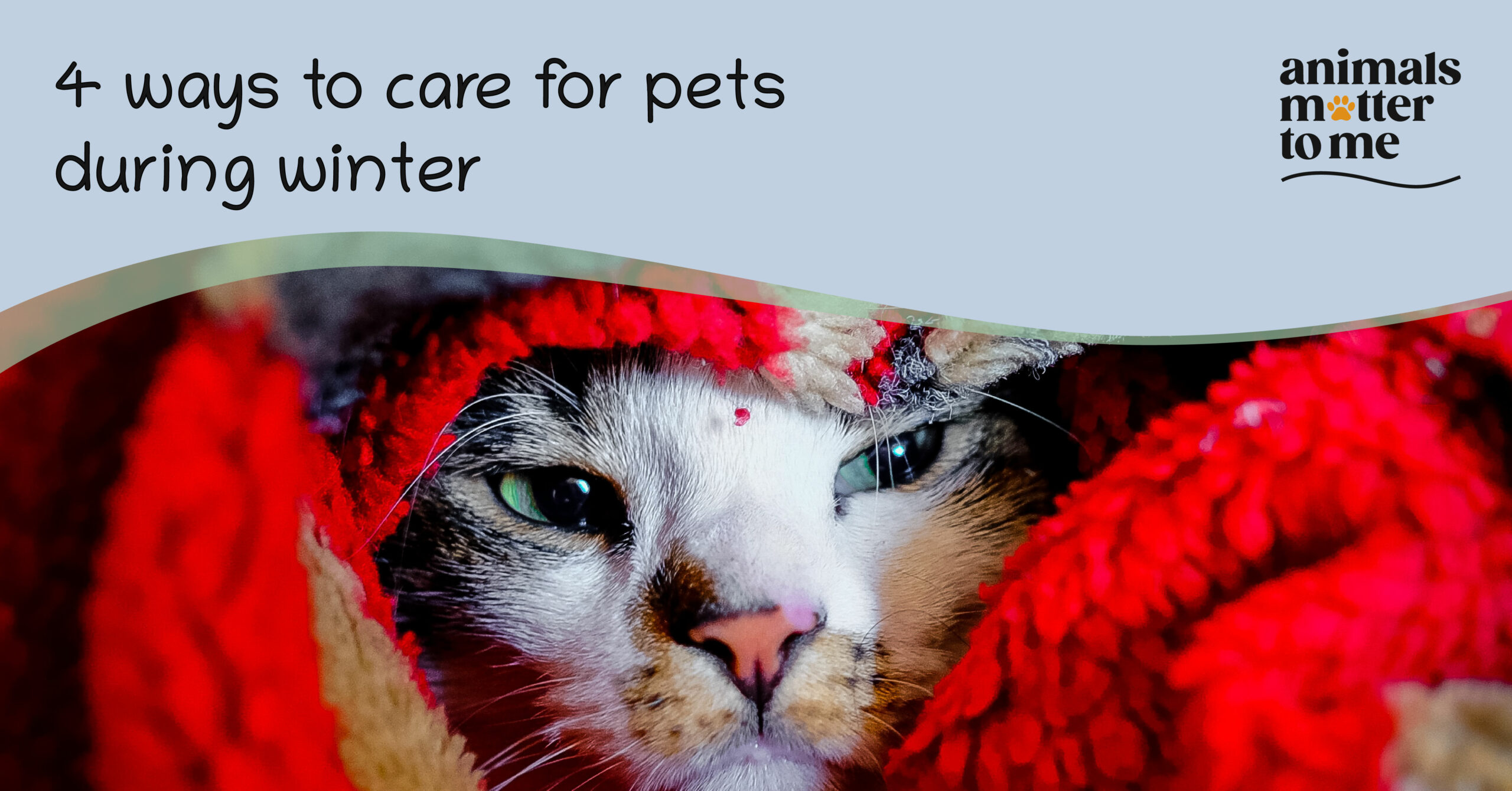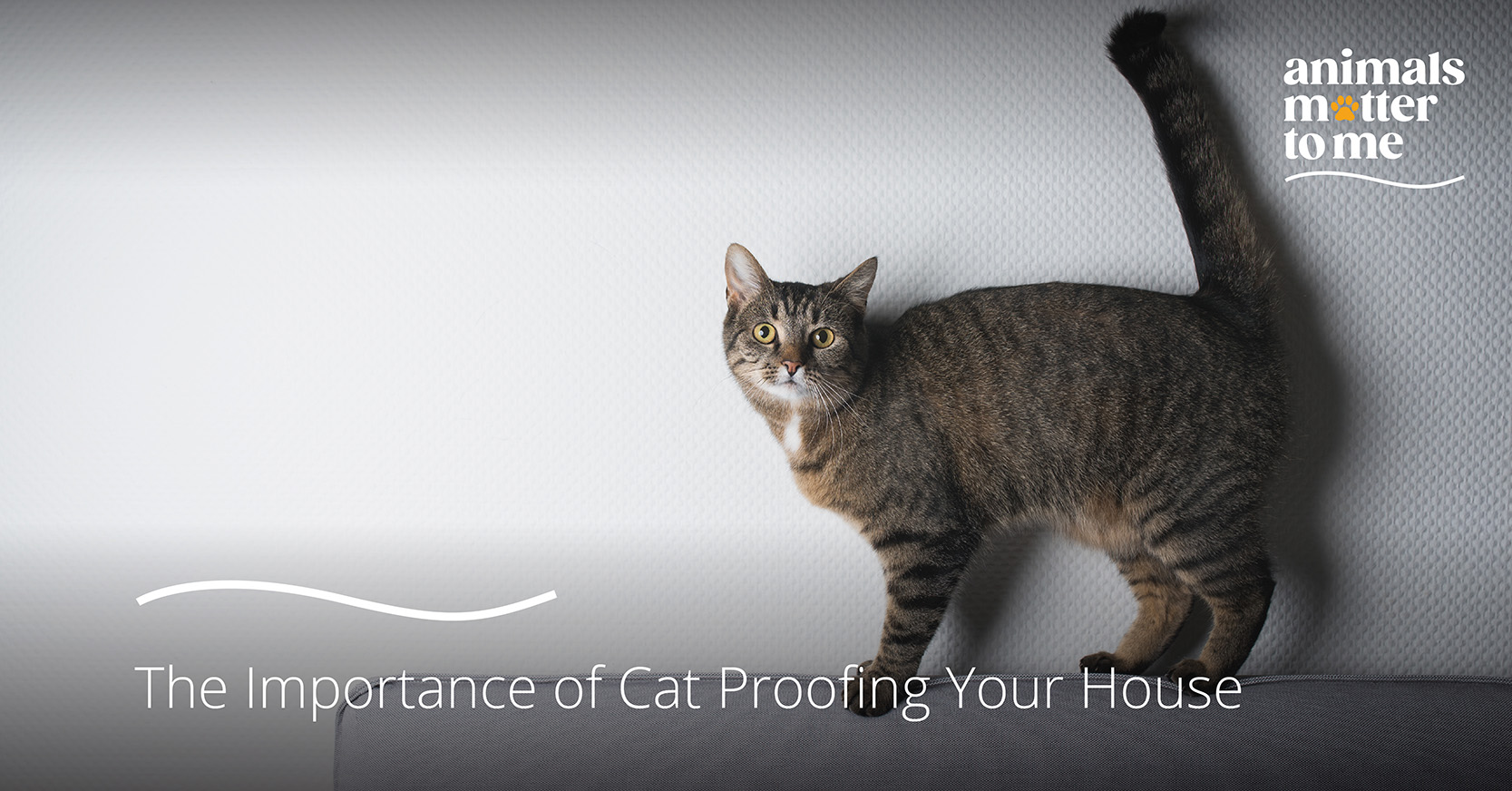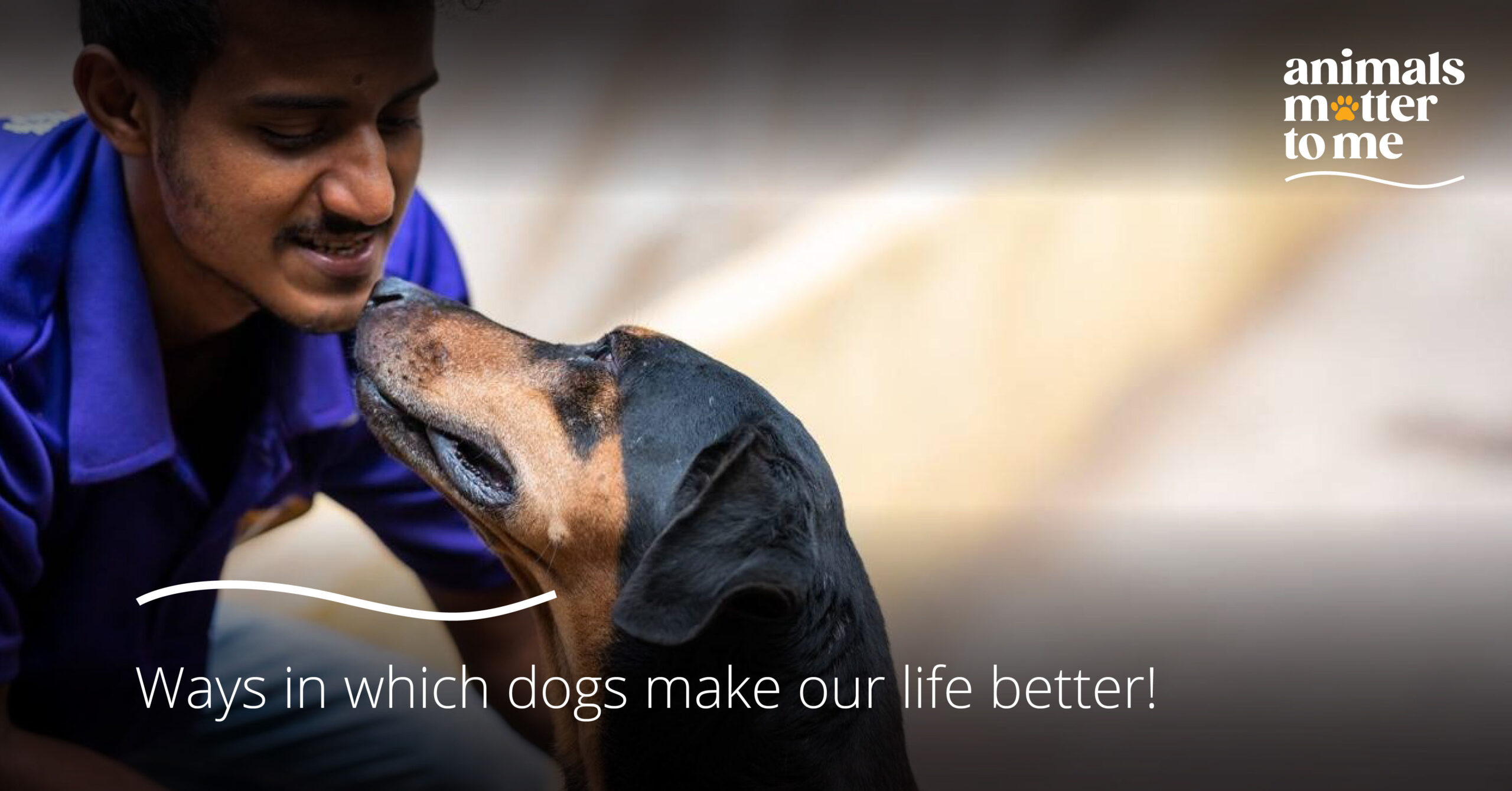Separation anxiety is a common issue that many pet parents face, especially when leaving their furry companions alone for extended periods. Whether you have a dog, a cat, or another type of pet, understanding and addressing separation anxiety is crucial for their well-being. In this blog, we’ll explore separation anxiety, what causes it, and provide practical tips to help pet parents alleviate their pets’ anxiety when left alone.
What is separation anxiety in pets?
Separation anxiety in pets refers to distress or behavioural problems that occur when they are separated from their pet parents or left alone for some time. This anxiety can manifest in various ways, including excessive barking, destructive behaviour, pacing, drooling, urinating or defecating indoors and even self-injury.
Causes of separation anxiety
1. Sudden changes in routine or environment.
2. Traumatic experiences such as being abandoned or mistreated.
3. Lack of socialisation or early bonding with humans.
4. Over-dependence on the owner due to constant attention or pampering.
Let’s delve into some strategies that pet parents can implement to help their furry friends cope with separation anxiety:
1. Gradual desensitisation
Gradually accustom your pet to being alone by leaving them alone for short periods and gradually increasing the duration. This process helps them build confidence and reduces anxiety over time.
2. Create a safe space
Designate a specific area in your home, such as a cosy crate or a comfortable room, where your pet can retreat when left alone. Make this space inviting by adding their favourite toys, blankets and treats.
3. Establish a routine
Establishing a consistent daily routine for feeding, playtime and walks can provide a sense of security for your pet. Stick to the schedule as much as possible. Predictability can help alleviate anxiety.
4. Provide mental stimulation
Keep your pet mentally stimulated with interactive toys, puzzle feeders or treat-dispensing toys. Mental stimulation can distract them from feelings of anxiety and boredom when alone.
5. Use calming techniques
Consider using calming aids such as pheromone diffusers, calming collars or calming supplements for pets. These products can help promote relaxation and reduce anxiety levels.
6. Practice departure cues
Avoid making a big fuss when leaving or returning home. Instead, practise low-key departures and arrivals to avoid reinforcing anxious behaviours associated with your comings and goings.
7. Seek professional help
If your pet’s separation anxiety persists despite your best efforts, consider seeking guidance from a professional animal behaviour specialist or veterinarian. They can provide personalised advice and recommend additional interventions, such as behaviour modification techniques or medication if necessary.
Dealing with separation anxiety in pets can be challenging. Still, with patience, consistency and the right strategies, you can help your furry friend feel more comfortable and secure when left alone. By understanding the underlying causes of separation anxiety and implementing the tips in this blog post, pet parents can make a positive difference in their pets’ well-being and strengthen their bond. Remember, every pet is unique, so be patient and adaptive in finding the best approach for your furry companion.
(You can also consider travelling with your pet to avoid this separation anxiety altogether)
